
Your Only Fears: A Love Letter
By Carlo Campbell
I can remember being scared to go to school. There were a great many prompts for this fear.

By Carlo Campbell
I can remember being scared to go to school. There were a great many prompts for this fear.
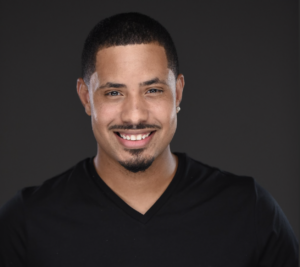
By Annette John-Hall
When you hit upon the thing that brings you joy before you even learn how to read, it’s probably safe to say you’re one-up in life. That’s Darnell Richardson, Jr.
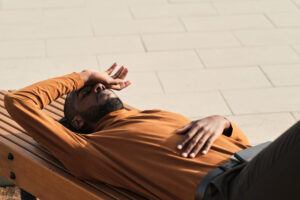
There are many socioeconomic and environmental factors that are contributors. Black and brown people are twice as likely to work longer hours.
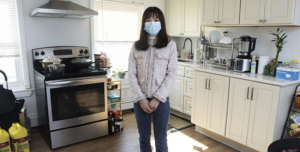
Community land trusts have a long history of helping people afford a home. In a time of skyrocketing housing prices, that’s more important than ever.
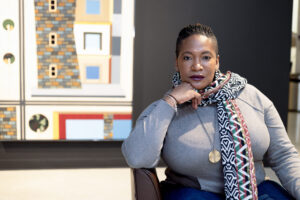
By Sherry L. Howard
Nina Elizabeth Ball had no idea her passion for poetry and love of the arts would take her on a fulfilling work-life journey.
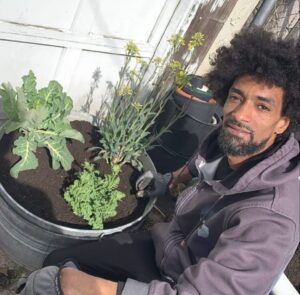
By Kim Russell
Much Indigenous history is hidden in plain sight. However, with the guidance of a Guale (pronounced wah-LAY) tribe member, Tavis Sanders, we pull back and uplift the historical roots of this land.
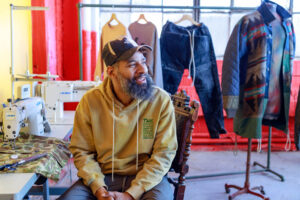
By Kristin Holmes
Matin Fahim served eight years in prison for armed robbery. He was released in 2006 and worked various jobs until he was laid off in 2012. When his unemployment was in its last weeks, Fahim walked down the basement steps, saw the sewing machine and remembered his grandmother’s entrepreneurial spirit.
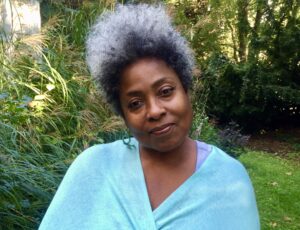
Pamela Hooks stuck it out in what she describes as the cut-throat world of television and entertainment because she loved telling stories – and because a network of sister-friends sustained her when she felt battered by the industry.
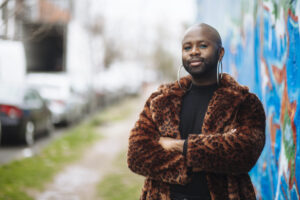
Many of Philadelphia’s murals are artistic love letters to the world. They tell stories in a way that words can’t. As a singer, songwriter, producer and host of Songs For The Soul, Solomon Temple understands the importance of words – how they can shape and shift reality. Deeper than words, perhaps, is the power of a visual.
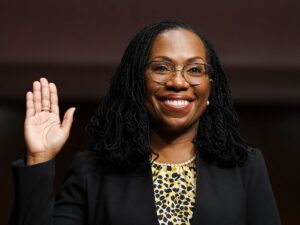
Brown is a professor of government, chair of the Women’s and Gender Studies Program, and affiliate in the African American Studies program at Georgetown University.
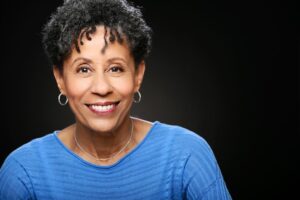
Every West-Philadelphian, born and raised, is talking about Peacock’s critically-acclaimed drama series Bel-Air.
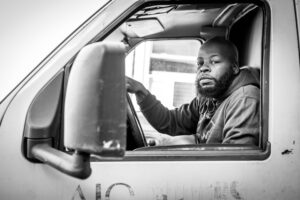
By Kim Russell
Three that float among us are Lawrence Killebrew, Harold Mays and Sharmarro Leak.
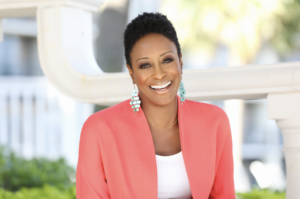
By Annette John-Hall
Tonya Ladipo launched a therapy practice for Black communities.
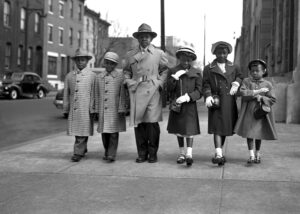
By Sherry L. Howard
For more than a decade, I have been uncovering the history of Black people from the artifacts and artworks.

By Denise Clay-Murray
For people who are returning home from prison, news that the labor market has become a little more friendly is encouraging.
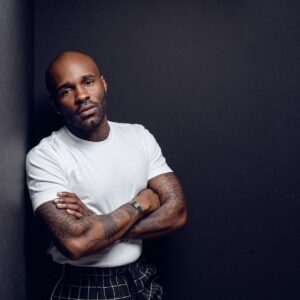
By Syreeta Martin
Love Now Media celebrates the people who, despite any challenge and setback faced in life, remain Lovers
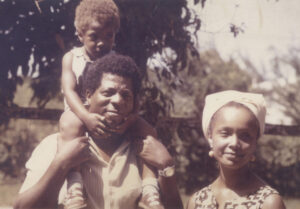
By Zamani Feelings
My father, Tom Feelings, was one of the few and fortunate Black creatives from his time who was afforded the ability to sustain himself with his craft as an illustrator.
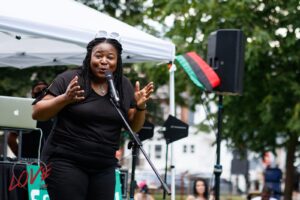
By Jos Duncan Asé
Love Now Media has been collecting career stories inspired by love through our series, Be. Do. Love. Those stories capture refreshing perspectives on work.
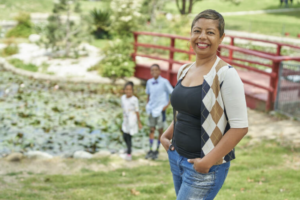
When she was 9 years old, she experienced for herself a distinctly Black notion of family.
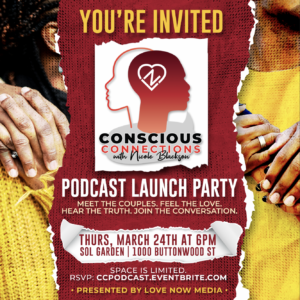
Hosted by Nicole Blackson, the podcast explores the conscious, deliberate ways in which couples are intentional about love, every day.
Sign up for my newsletter to see new photos, tips, and blog posts. Do not worry, we will never spam you.
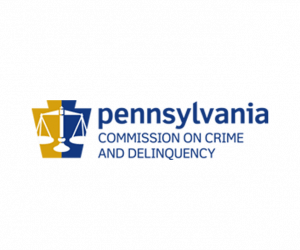
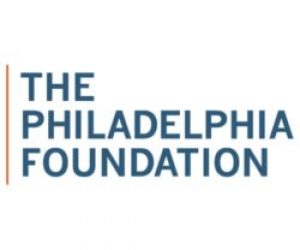
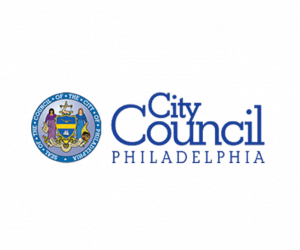
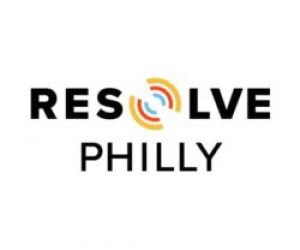
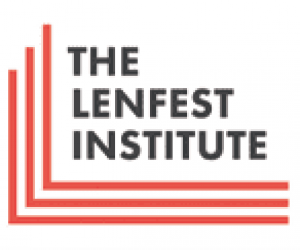
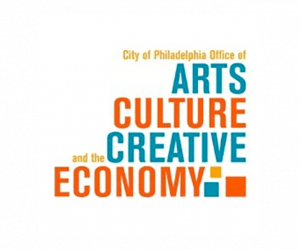

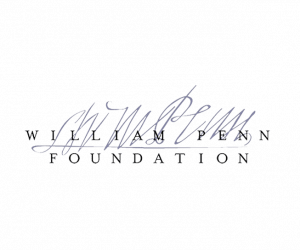
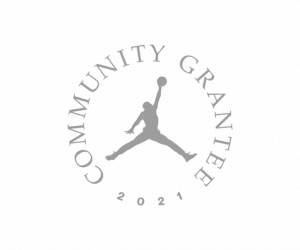
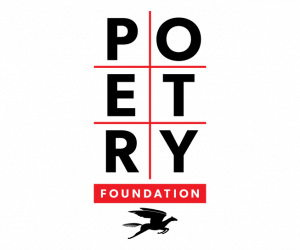
©2024 Love Now Media All rights reserved